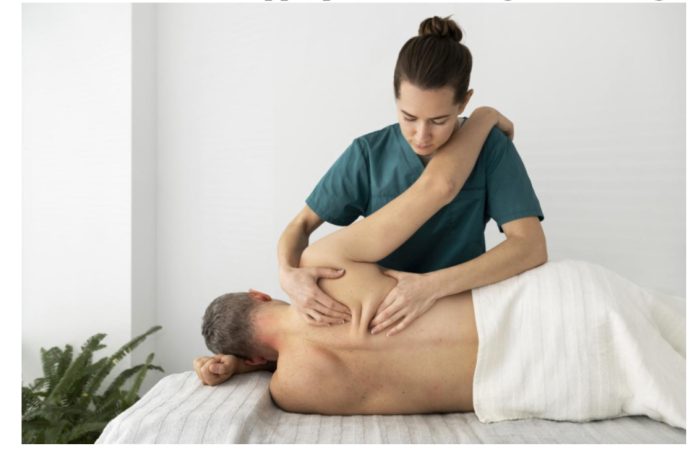Getting a massage should never feel uncomfortable or unsafe. If a massage therapist touches you in a way that feels wrong, trust your instincts, it probably is.
Any kind of touch that you didn’t agree to can be considered abuse. Let’s say you’re getting a back massage, and suddenly the therapist starts rubbing your feet. If you don’t like that and you tell them to stop, but they keep going, that’s inappropriate. It doesn’t matter if it’s your arm, neck, stomach, or legs.
You always have the right to stop a massage at any time, and if the therapist ignores you, they are violating professional guidelines and the law. You should hire a massage therapist sexual abuse lawyer to take appropriate measures against them.
Different areas have different rules for massage therapists. For example, Santa Monica has a strict law stating that massage therapists are never allowed to touch the genitals, buttocks, or breasts under any circumstances.
Other places might allow certain medical-related massages, but they always require clear written consent. If you’re unsure about what’s legal in your area, you can check local massage regulations to know your rights.
Sensitive Areas That Should Never Be Touched
The College of Massage Therapists has identified four specific areas that are considered sensitive and should never be touched during a regular massage unless there’s a specific, legitimate reason with clear consent:
● Breasts
● Chest wall musculature
● Upper inner thighs (which includes genitalia)
● Buttocks
If a massage therapist touches these areas without your explicit consent, it’s considered abuse. There are a few exceptions, like post-mastectomy breast massages, but even in those cases, it requires written consent and a trained specialist.
As for the buttocks, unless you specifically ask for work on your glute muscles, they should be off-limits. Even if you request it, the therapist should avoid touching the anus.
Other Areas That Are Normally Avoided During a Massage
Even outside of the obvious sensitive areas, there are some parts of the body that therapists generally avoid for safety reasons. These include:
● The spine (to prevent injury)
● The front of the neck (to avoid choking or discomfort)
● Injured or inflamed areas (to prevent further pain or damage)
Avoiding these areas is part of professional training and ensures that massages remain safe and comfortable.
Clear Boundaries for What’s Appropriate and What’s Not
A professional massage therapist should never touch your genitals, and in most states, they should not touch your breasts either, unless you’ve given written consent for a medical reason. Even in places where breast massage is legal, it must be done professionally and never involve the nipples.
The upper inner thigh is another area that is rarely touched, especially within two to three inches of the genitals. The only exception is when there’s a medical issue, such as an injury, and even then, it must be done with proper draping and clear consent.
While the buttocks are sometimes included in a massage, this only happens if the client specifically requests it. No professional therapist should ever spread the cheeks or touch the anus.
Unacceptable Behavior from Clients
It’s important to know that inappropriate behavior can also come from clients. Massage therapists should never have to deal with clients who:
● Make sexual jokes or inappropriate requests
● Ask to be completely undraped
● Try to touch the therapist
● Moan or breathe heavily in a suggestive way
● Move their hips suggestively
● Ask for an entire session focused only on their buttocks
If a client does any of the above, the therapist has the right to stop the massage immediately, re-drape the client, and step back. The client will be given a warning, and if the behavior continues, the session will end, and they will be banned from returning.







